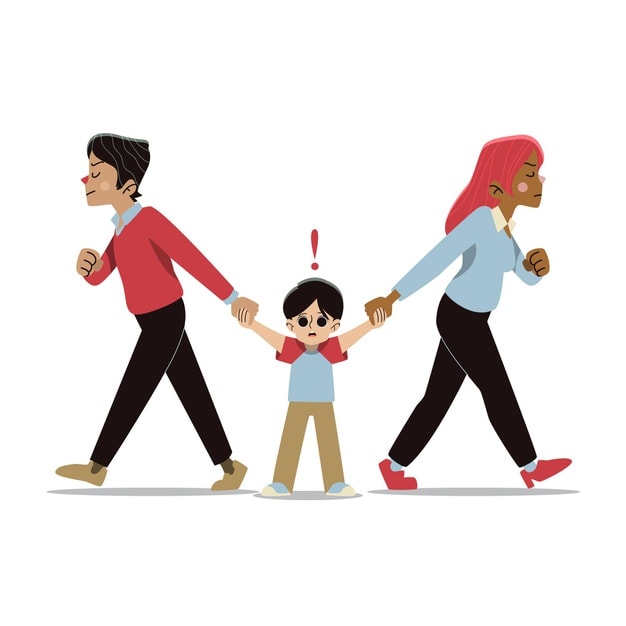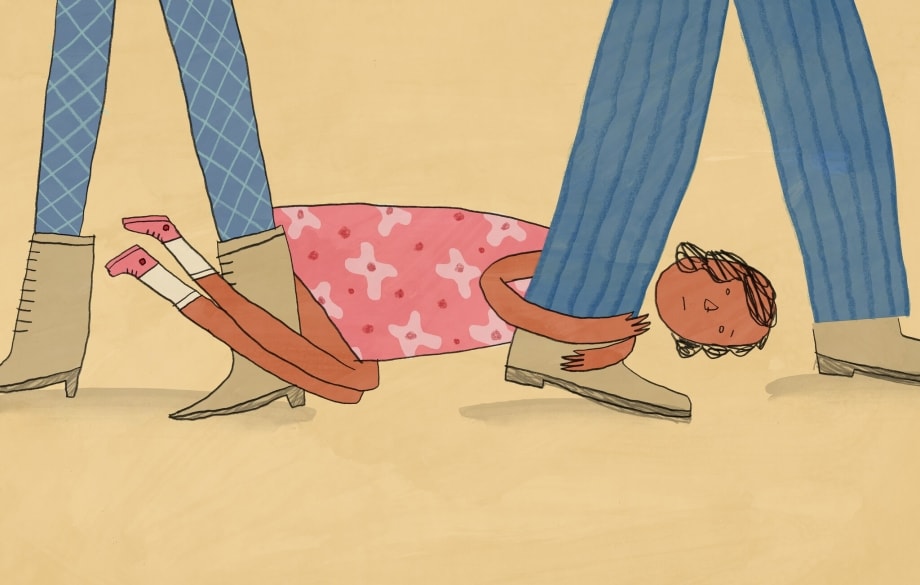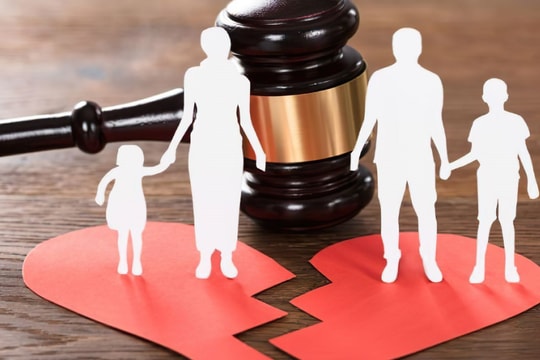If parents divorce, how old must a child be to live with his mother? Can the person who does not have custody of the child visit the child?
When parents divorce, how old must a child be before he or she comes to live with his or her mother? After parents divorce, can the non-custodial parent visit the child? After divorce, if the person with custody is found to be unfit to raise the child, can the custodial parent be changed?
When parents divorce, how old do children have to be to follow their mother?
Pursuant to Article 81 of the 2014 Law on Marriage and Family, it is stipulated as follows:
Child care, custody, upbringing and education after divorce
1. After divorce, parents still have the rights and obligations to look after, care for, raise and educate minor children, adult children who have lost civil act capacity or are unable to work and have no property to support themselves according to the provisions of this Law, the Civil Code and other relevant laws.
2. Husband and wife agree on the person who will directly raise the child, the obligations and rights of each party after the divorce with respect to the child; in case of failure to reach an agreement, the Court shall decide to assign the child to one party for direct raising based on the child's interests in all aspects; if the child is 7 years of age or older, the child's wishes must be considered.
3. Children under 36 months of age are entrusted to the mother for direct care, except in cases where the mother is not qualified to directly look after, care for, raise and educate the child or the parents have another agreement in accordance with the child's interests.
According to the above regulations, after a divorce, if a child is under 36 months old (under 3 years old), he/she will be given to the mother for direct custody, unless the mother is not qualified to directly raise the child or the parents have another agreement in accordance with the child's interests.
If the child is over 36 months (over 3 years old) but under 7 years old, it depends on the agreement of both parties. If no agreement is reached, the Court will decide who is suitable for the child's development in all aspects and will give custody to that person.
If the child is 7 years old or older, his/her wishes will be considered.

After parents divorce, can the non-custodial parent visit the child?
Pursuant to Clause 3, Article 82 of the 2014 Law on Marriage and Family, there are provisions on the obligations and rights of parents who do not directly raise their children after divorce as follows:
Obligations and rights of parents who do not directly raise their children after divorce
1. Parents who do not directly raise their children have the obligation to respect the child's right to live with the parent who directly raises them.
2. Parents who do not directly raise their children have the obligation to support them.
3. After divorce, the person who does not directly raise the child has the right and obligation to visit the child without being hindered by anyone.
If the parent who does not directly raise the child abuses visitation rights to hinder or negatively affect the care, upbringing, and education of the child, the parent who directly raises the child has the right to request the Court to restrict that person's visitation rights to the child.
Thus, according to the above regulations, after parents divorce, the person who does not raise the child has the right and obligation to visit the child without anyone being able to hinder.
If the non-custodial parent abuses visitation rights to hinder or negatively affect the care, upbringing, and education of the child, the person directly raising the child has the right to request the Court to restrict that person's visitation rights.

After divorce, if the child custody person is found to be unqualified to raise the child, can the child custody person be changed?
Pursuant to Clause 2, Article 84 of the 2014 Law on Marriage and Family, it is stipulated as follows:
Change of primary child custody after divorce
1. In case of request from father, mother or individual or organization specified in Clause 5 of this Article, the Court may decide to change the person directly raising the child.
2. The change of the person directly raising the child is resolved when there is one of the following grounds:
a) The father and mother have an agreement on changing the person directly raising the child in accordance with the child's interests;
b) The person directly raising the child is no longer qualified to directly look after, care for, raise and educate the child.
3. Changing the person directly raising a child must consider the wishes of the child from 7 years of age and older.
4. In case both father and mother are found to be unqualified to directly raise the child, the Court shall decide to entrust the child to a guardian according to the provisions of the Civil Code.
5. In case there is a basis as prescribed in Point b Clause 2 of this Article, based on the interests of the child, the following individuals, agencies and organizations have the right to request a change of the person directly raising the child:
a) Relatives;
b) State management agency on family;
c) State management agency for children;
d) Women's Union.
Thus, according to the above provisions, after divorce, if the person raising the child is found to be unqualified to raise the child, the Court can be requested to consider changing the person directly raising the child.



